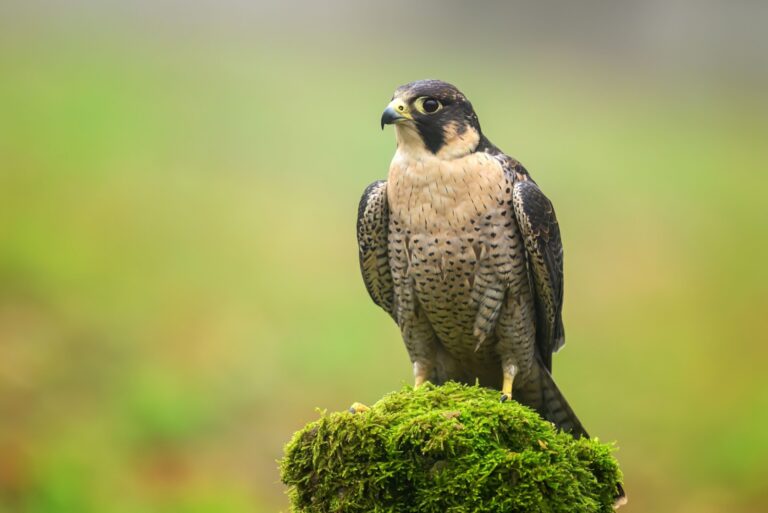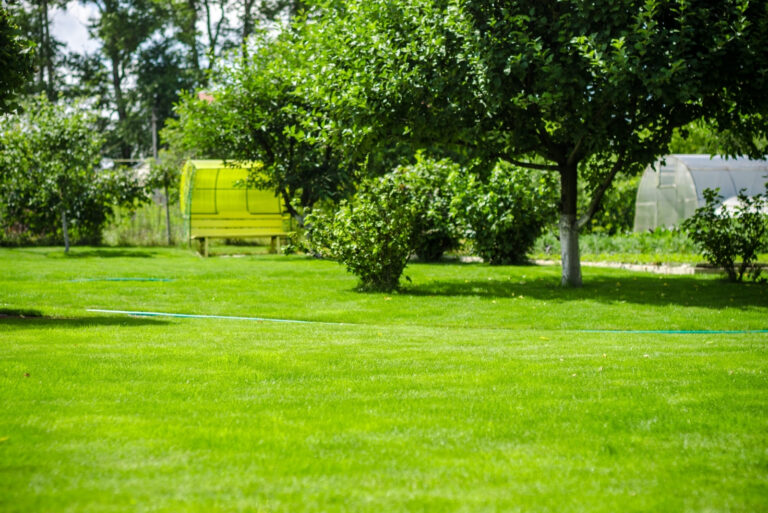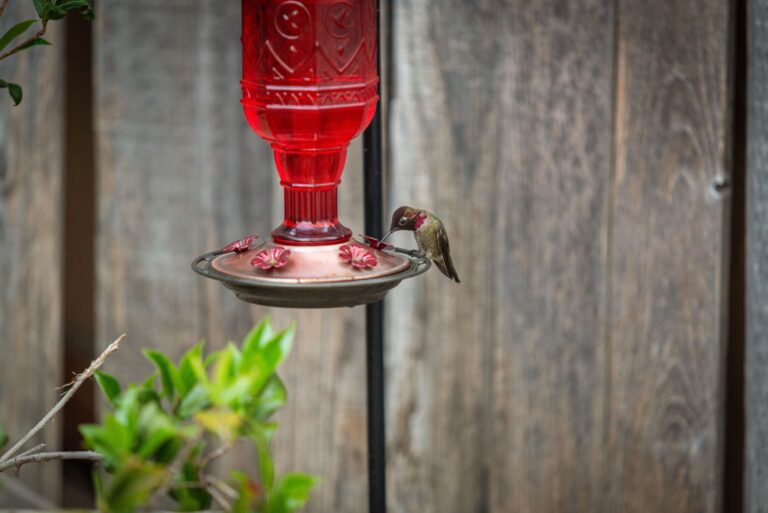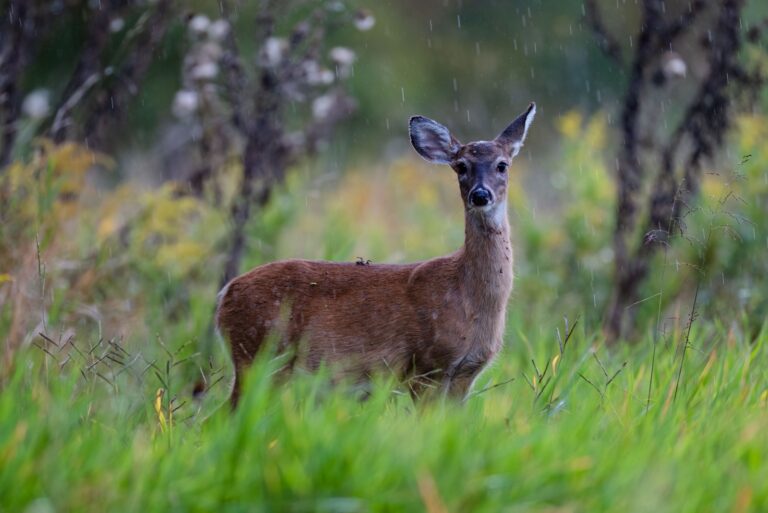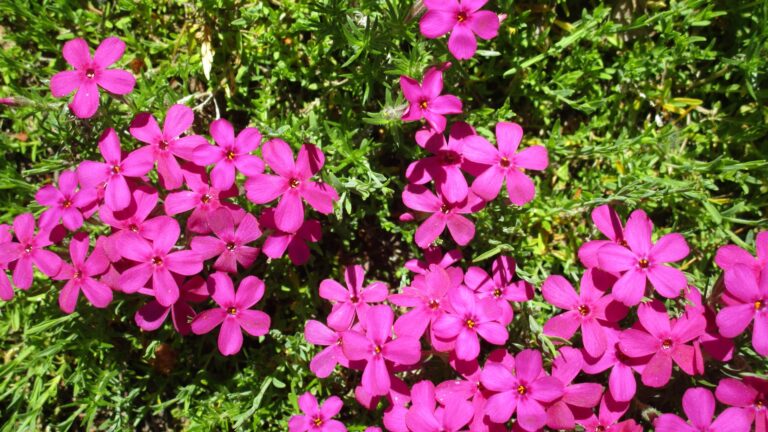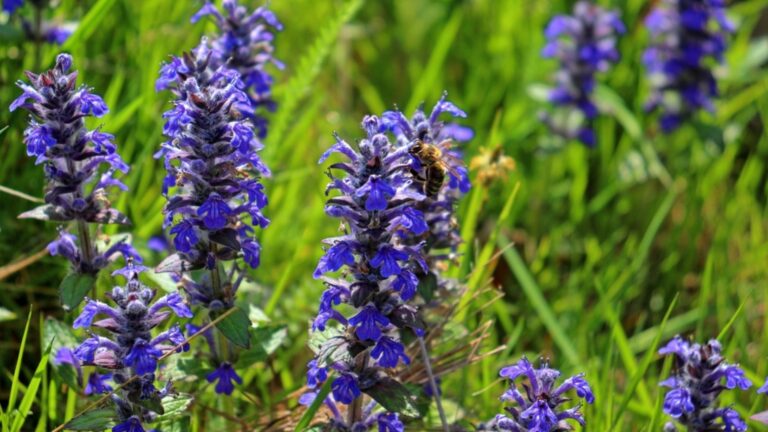8 Things Oregon Homeowners Should Know Before Removing Possums From Their Yard
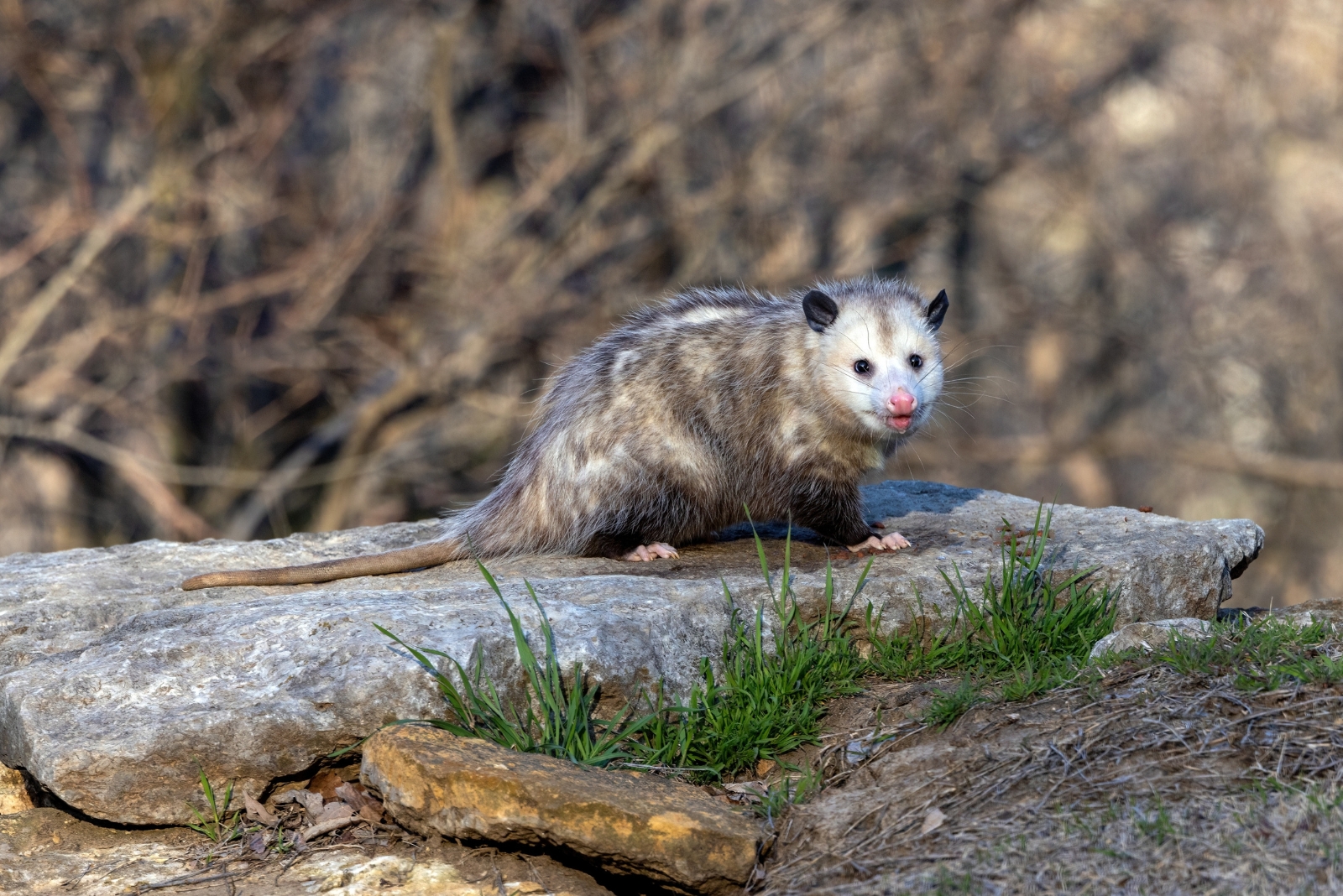
Possums are common visitors in Oregon yards, but handling them comes with a few important rules. Knowing what to do (and what not to do) makes the process safer for both you and the animals.
I’ve gathered eight key things Oregon homeowners should know. You can protect your yard while keeping local wildlife safe.
1. Possums Are Oregon’s Only Native Marsupial
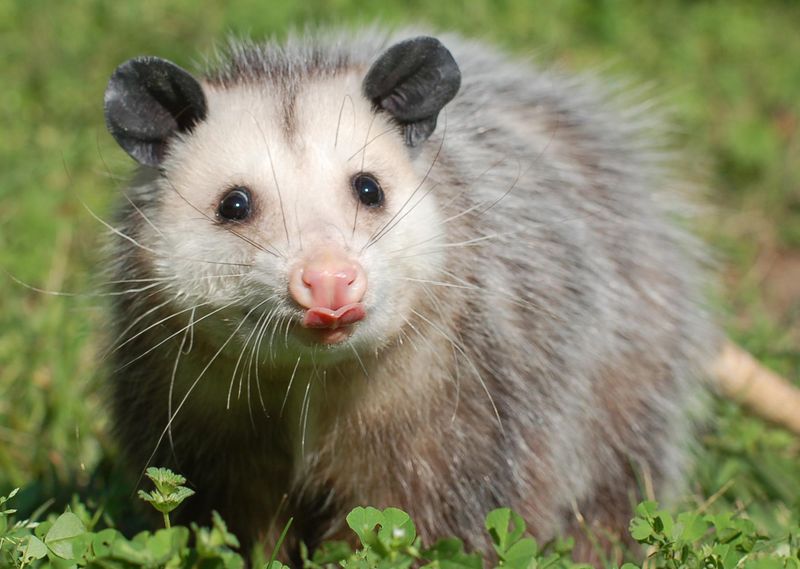
Oregon hosts just one marsupial species, and it’s the Virginia opossum. Most people don’t realize these creatures carry their babies in pouches, just like kangaroos do.
They’ve lived in Oregon for decades, adapting well to both urban and rural environments. Understanding their natural role in your yard’s ecosystem matters before deciding to remove them.
Many homeowners across Oregon have learned to appreciate these nighttime visitors once they understand what possums actually do for their property and gardens.
2. Legal Protections Apply to Wildlife Removal
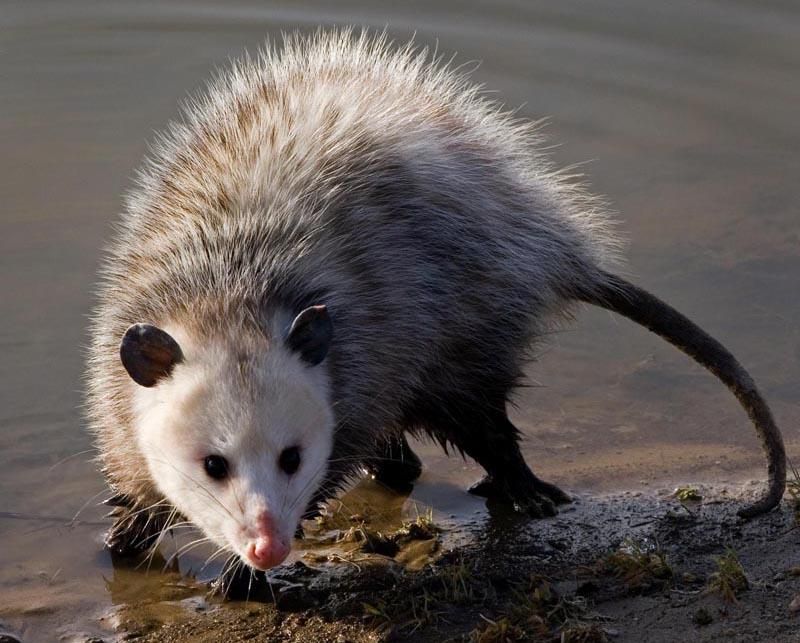
Before attempting any wildlife removal in Oregon, you need to know the state’s regulations. Oregon Department of Fish and Wildlife has specific rules about how homeowners can handle possums on their property.
Certain removal methods are illegal, and fines can be hefty if you break these laws. Relocating possums without proper permits often violates state guidelines too.
Contact local Oregon wildlife authorities first to understand what’s allowed in your county. Following proper legal channels protects both you and the animals.
3. Natural Pest Control Benefits Your Property
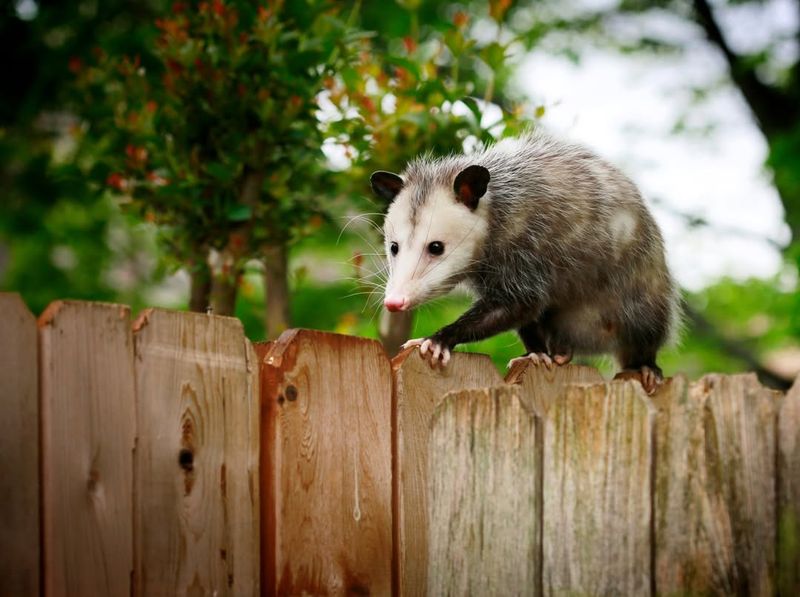
A single possum can devour up to 5,000 ticks in one season, making them incredible allies against Lyme disease. They also munch on beetles, cockroaches, and other bugs you definitely don’t want around your Oregon home.
Garden pests like slugs and snails become easy meals for these hungry marsupials. Rather than being a nuisance, possums work as free, natural exterminators.
Many Oregon residents who once wanted them gone now welcome possums after learning about their appetite for unwanted critters.
4. They’re Immune to Most Snake Venom
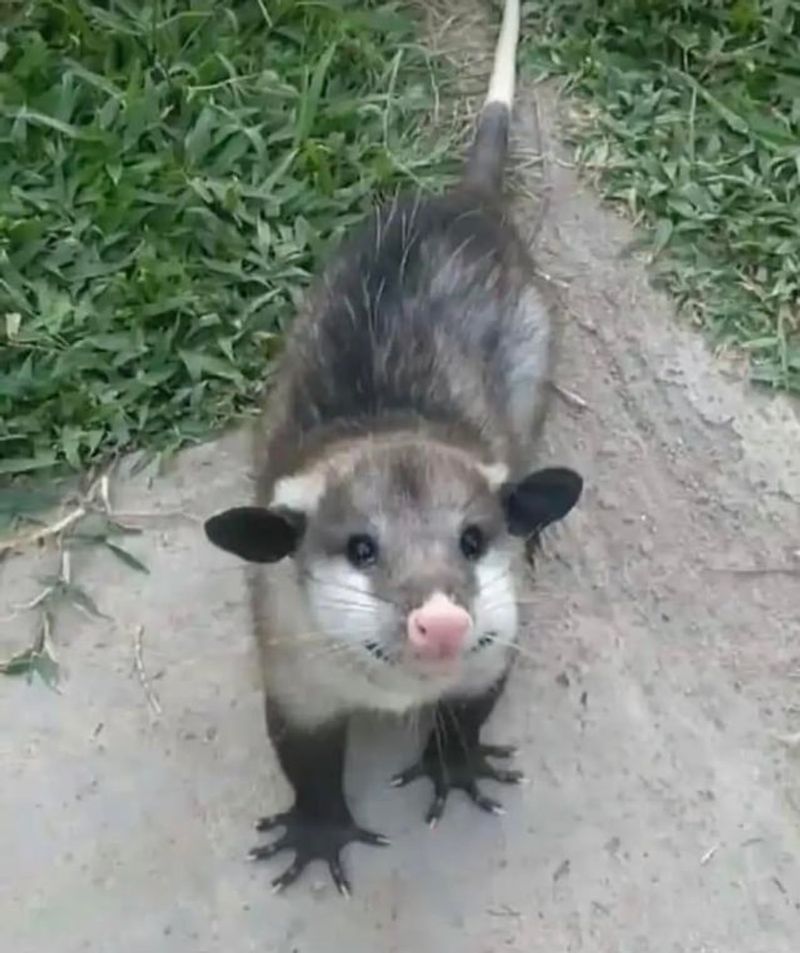
Possums have a remarkable superpower that benefits Oregon homeowners: immunity to rattlesnake venom. If you live in areas where venomous snakes appear, having possums around provides an extra layer of protection.
They’ll actively hunt and eat snakes, including young rattlers that might otherwise grow into dangerous adults. Research shows their unique blood chemistry neutralizes venom that would kill most other animals.
This natural snake control is especially valuable in rural Oregon properties where encounters with reptiles happen more frequently during warmer months.
5. Rabies Risk Is Extremely Low
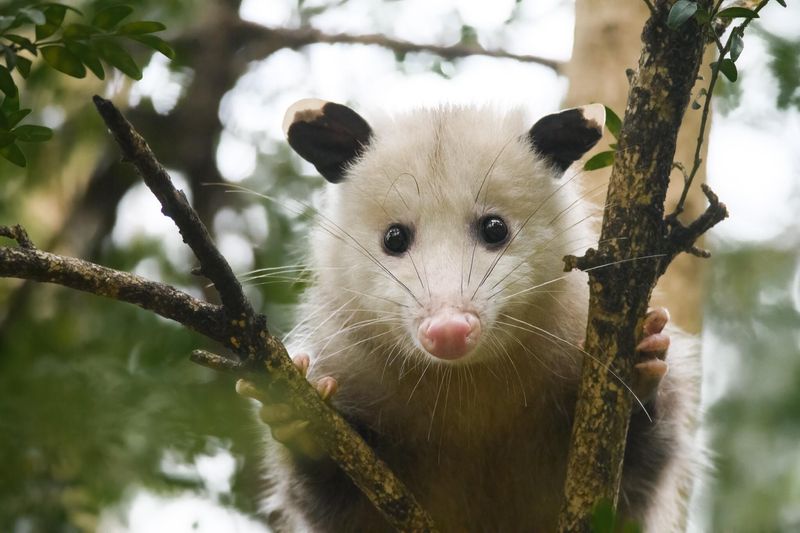
Unlike raccoons or bats, possums almost never carry rabies. Their body temperature runs too low for the rabies virus to survive and replicate effectively.
Scientists have found that possums are one of the safest wild mammals to have near Oregon homes regarding disease transmission. While caution around any wild animal makes sense, the rabies fear many people have is largely unfounded with possums.
Oregon health departments rarely report possum-related rabies cases, making them far less risky than most homeowners believe when they first spot one.
6. Temporary Visitors Don’t Need Removal
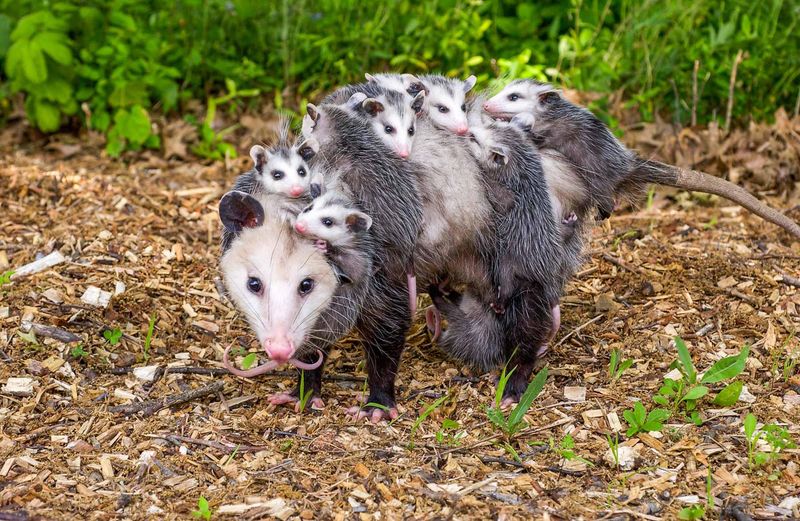
Most possums passing through your Oregon property are just traveling, not moving in permanently. They’re nomadic by nature, rarely staying in one spot for more than a few days unless they find a reliable food source.
If you stop feeding pets outside and secure your garbage, possums typically move along on their own. Patience often solves the problem without any removal effort or expense.
Oregon wildlife experts recommend waiting at least a week before taking action, as many possums naturally leave without any human intervention needed.
7. Mother Possums With Babies Need Special Care
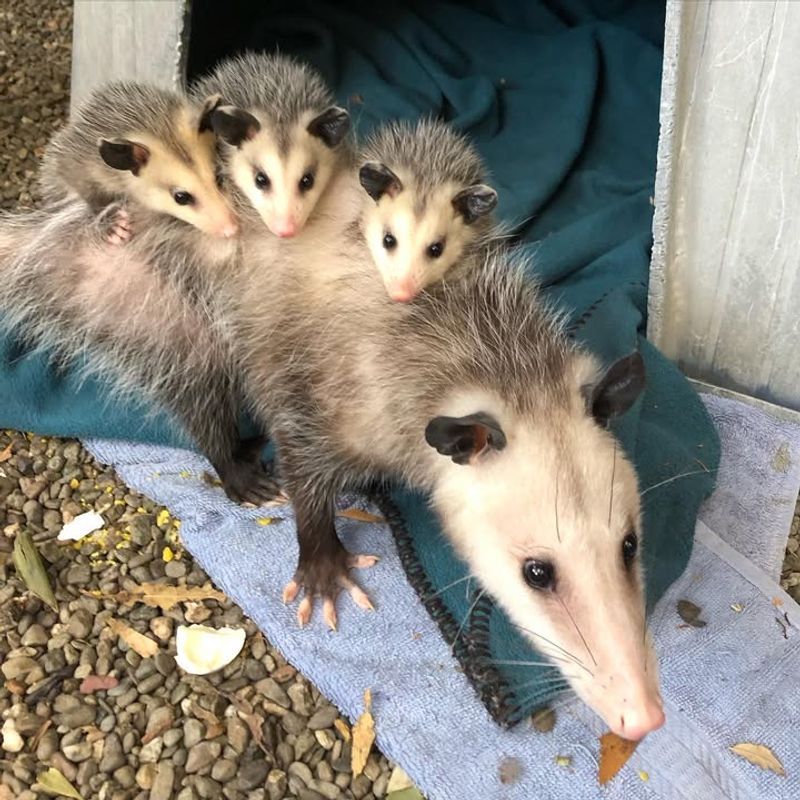
During spring and summer months in Oregon, you might encounter a mother possum with babies clinging to her back. Separating families can result in orphaned joeys who won’t survive on their own.
Baby possums depend entirely on their mother for several months after leaving the pouch. If removal becomes necessary, timing matters tremendously for the babies’ welfare.
Oregon wildlife rehabilitators often receive orphaned joeys because homeowners didn’t realize they were removing a nursing mother. Waiting until babies mature prevents unnecessary wildlife deaths.
8. Humane Alternatives Work Better Long-Term
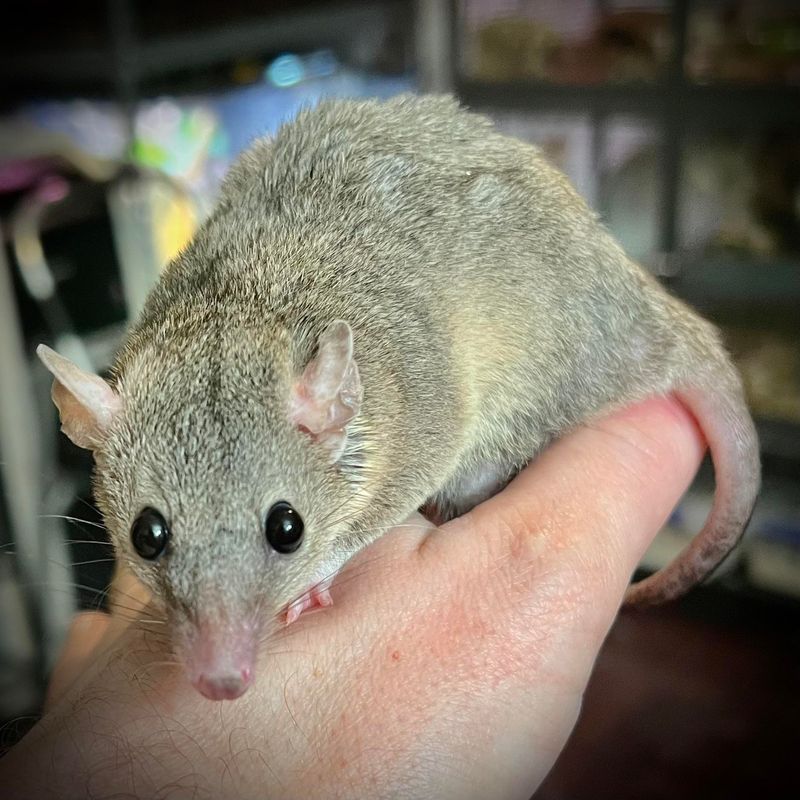
Instead of removal, try making your Oregon property less attractive to possums first. Motion-activated lights, secured trash cans, and removing fallen fruit often solve problems without displacing wildlife.
Blocking access to crawl spaces and sheds prevents possums from denning without harming them. Chemical repellents rarely work, but physical barriers prove highly effective.
Oregon homeowners who use exclusion methods report better long-term results than those who repeatedly remove possums, since new ones simply move into vacant territories anyway. Prevention beats removal every time.

